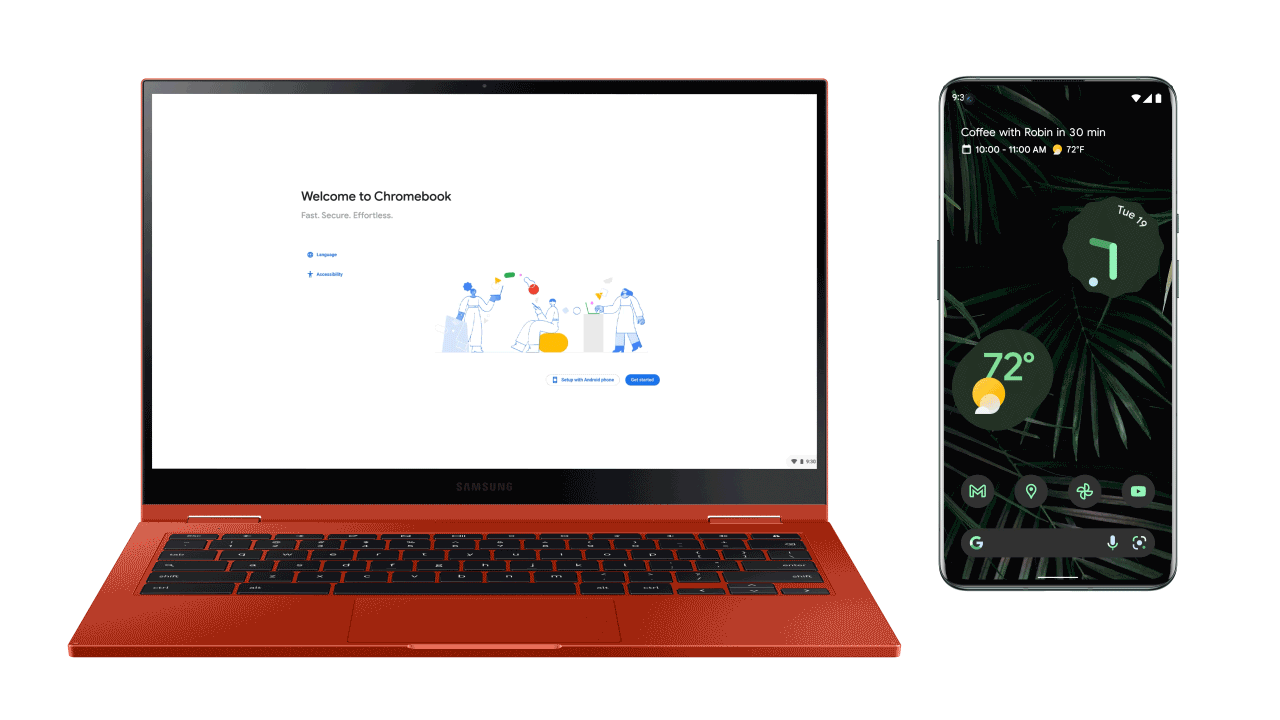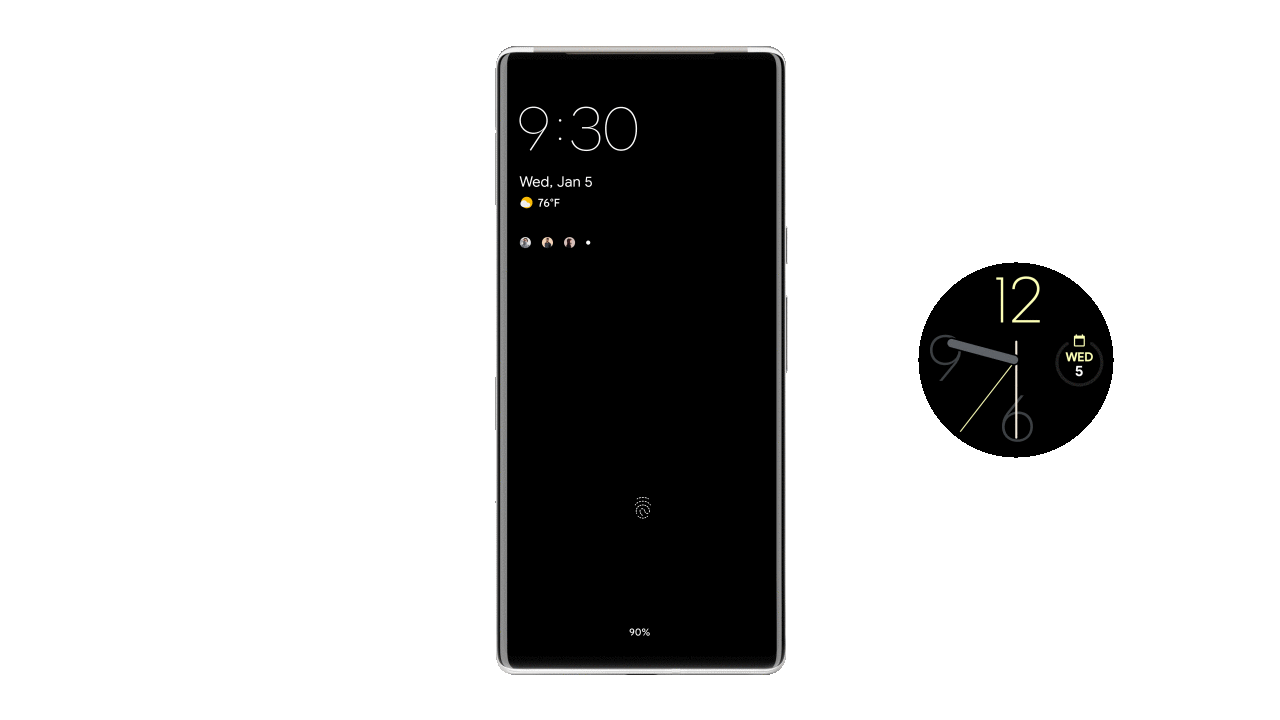This year’s CES is likely to be fairly light from Google on the hardware front, but the company’s got a number of new software features to announce. Chief among them are some key updates to its Fast Pair offering, which has thus far largely been the domain of earbud pairing. A handful of new additions look to position the feature as a kind of unifying platform between Google devices and even operating systems.
“We’re continuing our work with partners to further extend Fast Pair’s functionality beyond audio connectivity with wearables, headphones, speakers and cars and extending it to TVs and smart home devices, so you can instantly start using all the devices in your life,” the company writes in a blog post.

Image Credits: Google
The additions come as Google moves to more broadly adopt the Matter standard, designed to offer a kind of unifying platform for connected smart home devices. First up is increased functionality for Chromebooks, bringing instant headphone pairing to ChromeOS. That feature is set to arrive in a few weeks.
Later this year, meanwhile, owners of new Chromebooks will be able to instantly set up their devices using an Android handset, instantly porting over things like Google logins and Wi-Fi passwords. In addition to the existing ability to unlock Chromebooks via an Android device, Google will be adding the ability to do so with Wear OS as it continues to look toward building a competitive wearable operating system.

Image Credits: Google
Fast Pair will also sync headphones with Google TV and Android TV OS devices in the coming months, while Android’s Matter support will help quickly get smart home device up and running. Auto switching is coming to Google’s headphones as well, letting users switch connections between Android devices. That’s also arriving at some point in the coming months, along with spatial audio functionality, as Google looks to compete more directly with Apple’s headphone offerings.
Google is also partnering with third-party manufacturers to build Chromecast functionality into hardware, starting with Bose’s soundbars and smart speakers.
from TechCrunch https://ift.tt/3EZ3vhN


0 comments:
Post a Comment